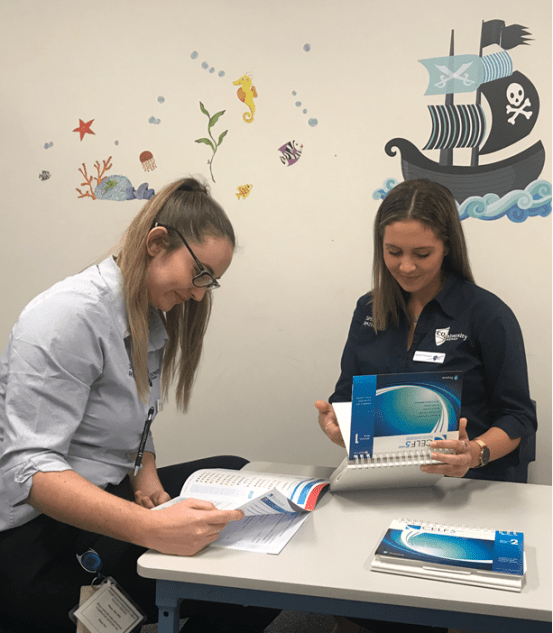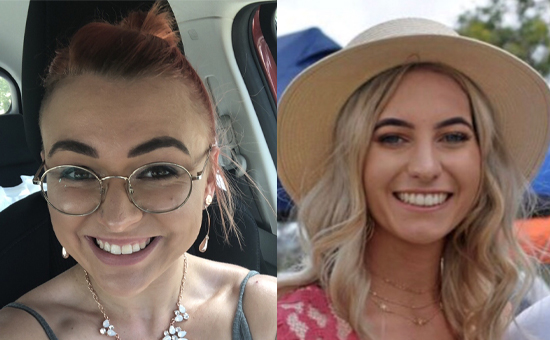Speech pathology is a rewarding allied health career where you can make a difference in the lives of the young and old. In this blog during Speech Pathology Week (23 - 29 August), CQUniversity Speech Pathology lecturer Clancy Conlon and fourth-year student Suzie Hutchings unpack the profession, giving you some real insight into what it takes to be a ‘speechy’.
What does a speech pathologist do?
Speech pathologists diagnose and treat communication disorders which can include speaking, listening, understanding language, reading, writing, social skills, voice and even swallowing. When you train as a speech pathologist, you learn to do A LOT of different jobs! About 1.2 million Australians live with a communication disability – people with developmental delays, strokes, brain injuries, learning disabilities, hearing loss, Autism Spectrum Disorder – the list is endless.
Can you imagine what it would be like to not have a voice? To not be able to talk to your friends or family? Speech Pathologists make sure that everybody has a voice so that they can live their best life possible.
Speech pathologists also assess and treat swallowing difficulties. From newborn babies with a cleft palate to the elderly with dementia, many different people may see a speech pathologist to help them eat and drink safely.
What makes a good speech pathologist?
Speech pathologists come in all different shapes, forms and personalities and you can always find a speciality in speech pathology that will suit your individual needs. Generally, speech pathologists are kind, compassionate and committed health professionals who want quality outcomes for their clients. You’ll make a good speech pathologist if you:
- Enjoy helping people
- Have good verbal, written and social communication skills
- Like problem solving and finding solutions
- Value teamwork and building relationships with people
- Are interested in lifelong learning, where you have regular opportunities to update your knowledge and skillset to provide quality care to clients.

What is it like to study speech pathology?
Studying speech pathology at CQUniversity is an overall wonderful experience. There is an abundance of opportunities to gain work experience in a variety of health settings, and with all kinds of people. The advantage of studying speech pathology at CQUniversity is the one-on-one support from the lecturers due to the smaller class sizes. At CQUniversity, the speech pathology students are able to collaborate with other allied health professional students to learn from one another in order to reach the client’s goals.
The course is challenging in the best ways possible. As a speech pathology student, you cover a diverse range of content such as human anatomy and physiology of the head and neck; phonetics; speech, language and swallowing development across the lifespan; neurogenic communication disorders; and more! You even conduct an Honours research project as a part of the course.
Why should you study speech pathology?
Speech pathology is an amazing career avenue because you can work in so many different sectors – schools, nursing homes, hospitals, private practice, community health and not for profit organisations. The need for speech pathologists is consistent and growing, which makes it a great course to study if you are unsure of what health career to go into. If you want a flexible job, where you get to support people to maintain the best quality of life possible, then speech pathology is for you!
The Authors

Clancy Conlon is a lecturer in Speech Pathology at CQUniversity based in Rockhampton. Before becoming a lecturer, Clancy worked in the disability industry supporting children with complex needs and is passionate about specialist support for children who require alternative means of communication.
Suzie Hutchings is a fourth-year Bachelor of Speech Pathology (Honours) student studying at CQUniversity based in Rockhampton. She enjoys the hands-on experiences offered in her course. Currently, Suzie is completing a six-week block placement at a remote hospital in North West Queensland, working with both adults and young children who are experiencing communication and swallowing difficulties. Suzie is passionate about all the practice areas of speech pathology and hopes to work in a generalist role after her graduation.
